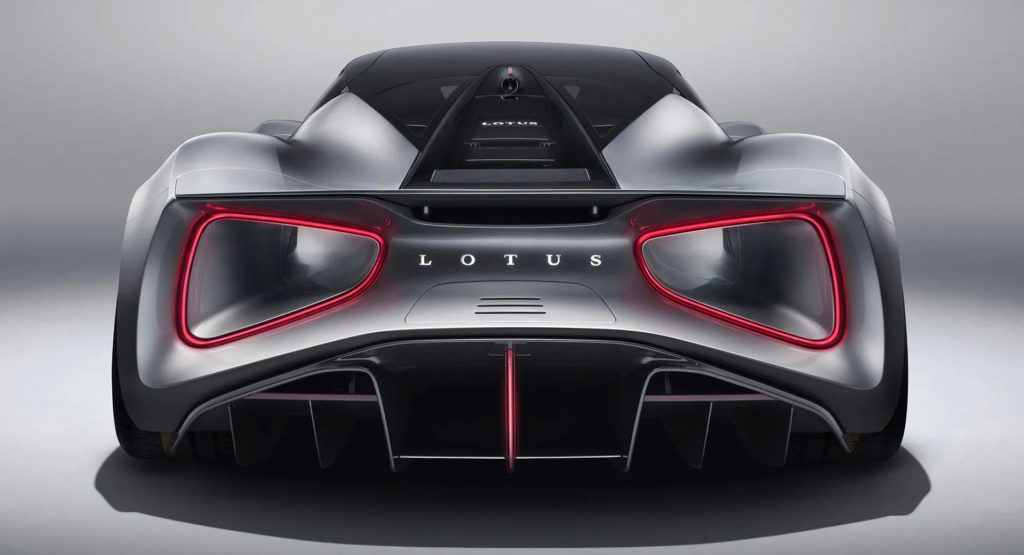Lotus is going full-electric and the launch of the Evija hypercar is sufficient proof of their intentions. However, the Evija costs more than $2 million and is a limited edition product.
With that in mind, the British carmaker has hinted that a new sports car that’s due to arrive next year could be the brand’s last ever model to utilize an internal combustion engine, which means future sports cars will become fully electric, skipping the hybrid phase.
“One thing we do believe in is the future of battery electric vehicles, and our intention is to offer BEV on our products in the future,” said the company’s CEO, Phil Popham during an interview with AutoExpress.
Read Also: Lotus’ New Entry-Level Model Will Cost Between $68,000 And $123,000
“BEV is really well suited to sports cars – the torque characteristics, the weight distribution, design and flexibility of dynamics. For me it all leads to BEV as the ultimate technology for sports cars,” he added.
As for why Popham isn’t a fan of hybrids, he argues that such a setup requires batteries, electric motors and a small engine, which goes against the philosophy of sports cars, “which have a tight package.”
“You want to minimize weight and maximize performance and spread weight in the right places to get the right dynamics. So hybrids do present a challenge.”
EV sports cars meanwhile allow far greater freedom when it comes to the design and layout of the powertrain, while aiding weight distribution. The carmaker’s new EV sports car will be underpinned by a new platform, which will allow Lotus to “leverage the asset” so that it can “support multiple cars,” said Popham.
Multiple cars?
We’re assuming that means everything from saloons, two-door coupes and probably SUVs too, after all, there’s a lot of money to be made in the latter segment, especially if you get the price right.
“We’re not focusing on SUVs at the moment,” said the Lotus boss. “But we are not discounting any segment: crossovers, sporting sedans, GTs. But what we have to do is say what makes it distinctly a Lotus. […] How can it be a Lotus in the segment in which it competes? And not just crafting a car and sticking a badge on it to make money.”
If even the likes of Lotus ends up going full-electric, it speaks volumes about the fate of the internal combustion engine going forward. Of course, none of this would have been possible without Geely’s help. The Chinese company took over Lotus back in 2017 and is investing heavily in the British sports car maker.



